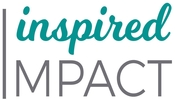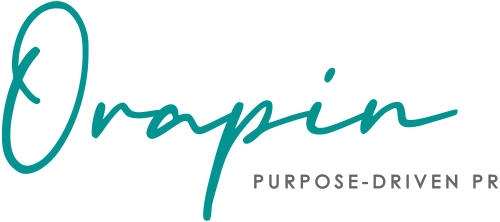 INSPIRED IMPACT™ is an ongoing blog series that gives voice to social entrepreneurs and leaders of purpose-driven organizations who are making an impact in their communities, industries, and around the world.
INSPIRED IMPACT™ is an ongoing blog series that gives voice to social entrepreneurs and leaders of purpose-driven organizations who are making an impact in their communities, industries, and around the world.
Daniela Ibarra-Howell is the CEO of Savory Institute headquartered in Boulder, Colorado and Savory Campus in Strasburg, Colorado. Follow them on Facebook, Twitter, Instagram, LinkedIn and YouTube and learn more at www.savory.global.
WHAT DO YOU DO?
The Savory Institute and its global network are dedicated to the large-scale regeneration of the grasslands of the world and the livelihoods of their people through Holistic Management. We do this through education and support of farmers, ranchers, and pastoralists via a network of entrepreneurial, locally-owned, led and managed Hubs around the world. We also work at increasing public awareness and informing policymakers about the incredible role that grasslands, its deep soils, and properly managed domestic herbivores (sheep, cows, goats, camels, horses, etc.) have in addressing some of the biggest challenges we face as humans, such as water and food insecurity, the loss of biological diversity, and climate change, experienced in more severe weather patterns and increased severity of floods and droughts. Of course, with educated citizens becoming more intimate with the source and the impact of their food and fiber choices, we are experiencing a shift in the market place as well, with conscientious brands and consumers seeking to purchase from regenerative producers. We are now working with our Hubs and their producer networks around the globe in a new initiative, Land to Market, which connects verified regenerative producers with the interested buyers. At the core of the program is a methodology for measuring the outcome of management on ecosystem health (Ecological Outcome Verification or EOV), done at the farm level by the local Hub professionals and audited by a quality assurance team. This data provides people with transparency, backing any claim of land regeneration. It also helps the farmers adjust their management to become truly regenerative. The Hubs are there to support this learning.
WHY DO YOU DO IT?
We envision a world in which people have learned to live in harmony with nature and each other. For that to be realized, expanding a framework for decision making that is holistic (versus reductionist) into global consciousness is a must. We must embrace a larger holistic context that incorporates culture, environment, the prosperity of people, and the long term in our decision making. One aspect can not suffer at the expense of the other, or the decision (action, program, initiative, etc.) will not be sustainable in the long run. This is at the core of Holistic Management: a value-based framework for sound decision making, several key insights that allow us to understand nature better, as well as a deep dive into the role of herbivores and their natural behavior in the vast grasslands of the world to inform proper management of domestic livestock. A suite of planning and monitoring procedures help implement management that is holistic, meaning socially, environmentally and financially sound, simultaneously, both in the short and the long term.
Our focus is on the grasslands of the world because they have been the “forgotten landscape,” although that is changing. But these vast landscapes are crucial to planetary health. Their deep soils, when healthy and nurtured, can absorb incredible amounts of legacy atmospheric carbon and store it deep in their profile as humus. This is vital for water retention, microbial abundance, nutrient availability to plants, productivity, and climate regulation. The holistic planning of grazing is a marvelous and strategic exercise that, when skilfully implemented, results in the abundance and health of the land, more plants, deeper and richer soils, more water supporting life, increased profitability and wellbeing for the farmers, improved wildlife habitat, and a contribution to climate change mitigation.
WHAT IMPACT ARE YOU MAKING?
Allan Savory, the creator of Holistic Management as well as many educators and holistic management practitioners have been working at this for many decades. However, since 2010, when Allan Savory and a few of his longtime friends and colleagues, including myself, founded the Savory Institute, our strategies (Hub Network and Land to Market, particularly) as well as a famous TED talk by Allan, have accelerated the awareness, acceptance, and uptaking of Holistic Management worldwide. Since 2012, when we launched the Hub Strategy, close to 10 million hectares (or 24 million acres) of land have been influenced by HM, and more than 5,000 farmers and pastoralists have been trained by the Hubs in the Savory Network. Since the launch of the Land to Market program, more than 150 producers have verified data of the ecological improvement of their management and close to a dozen brands are connected to this program and sourcing from these verified producers. We expect this trend to grow exponentially in 2019.
WHAT (OR WHO) INSPIRES YOU TO MAKE THIS IMPACT?
My daughters and all the children in this world that will inherit a very degraded planet and will live in very challenging times because of our actions, inspire me to do all I can and know how to, to leave them a better legacy.
WHAT’S YOUR BIG DREAM FOR THE ORGANIZATION AND THE IMPACT YOU WANT TO MAKE?
The big dream I have is to surpass our BHAG of 100 Hubs established by 2025, equipped to influence the management and foster the regeneration of one billion hectares of land. It seems like a farfetched goal, but it is not. Once we pass the innovation and early adoption phases, the early majority will kick in, a holistic worldview will emerge, and holistic management will ensue. We need a shift in worldviews. We need a massive shift in consciousness and paradigms. And, it will happen because the challenges of these times will leave no option but to care and move beyond our reductionist view of growth and success.
WHAT RESOURCES DO YOU NEED TO MAKE THOSE DREAMS COME TRUE?
We need collective investment by all stakeholders in the health of our planet. We need the farmers and pastoralists of the world to invest time, and resources to learn new ways of doing things and to measure the outcomes of their management. We need market partners to put skin in the game and support farmers’ shifts in management practices. We need agricultural policies to be aligned with what truly needs to happen on the ground, instead of supporting the status quo that is degenerative of people and resources. We need a new regenerative model that, as Bucky Fuller put it, “makes the old one obsolete, and works for 100% of humanity.” We need citizens to invest in understanding these issues and vote with their dollars every day when they buy food and natural fiber – is this purchase helping heal the planet and its people? or tearing them down?
As an organization, Savory Institute needs committed partners at all levels, and a relentless desire by all to learn and make mistakes, just once, as we enter this new phase in which humans begin making decisions, taking actions, designing holistically.
WHAT IS (OR HAS BEEN) YOUR BIGGEST CHALLENGE?
Our biggest challenge is the public perception of domestic livestock as a force of degradation of the planet and health. It can be, of course. But the culprit is not the livestock, but human management of these animals. If properly, regeneratively, and holistically managed, domestic herbivores can play a vital role in grasslands and soil regeneration, and provide humans with nutrient-rich and healthy protein. The key is management.
Another challenge is the current model of industrial agriculture that supports and promotes commoditization, aggregation, and centralization, and rewards volumes and efficiencies above quality and artisanal, regenerative practices. It creates unintended consequences for the health of the land, the animals and the people who consume them, that are then treated with biocides (antibiotics, inorganic fertilizers, pesticides, etc.) making the problems worse. We need the commitment of market partners and policymakers to begin supporting the emergence of new models for agriculture that reward life – that put the health and vitality of the land, animals, and people first.
WHAT WORDS OF ADVICE DO YOU HAVE FOR OTHER LEADERS LOOKING TO MAKE AN IMPACT?
Bring solutions and ideas with the context being much more than the problem you are trying to solve or prevent. Make the context for your actions and strategies be the health of people, the realization of human purpose, the honoring and fostering of ecosystem health (our land, waters, plants, animals, microbes), and think of the impact on the generations to come. Design for underlying, long-term health so abundance in all its forms is an outcome of the design, and not the goal, including profit (as financial abundance).
HOW CAN OTHERS SUPPORT YOU OR YOUR CAUSE?
You can learn! visit our website and learn more. Become involved by joining our regenerating member’s community. You can also become a Hub. Or if you are a producer or a food brand, you can enter the Land to Market program. Ask your retailers to carry meats and dairy that come from regenerating farmlands and rangelands. Engage in slow fashion and ask for regenerative fibers. Give a gift as a donation to the movement. Stay engaged, because you can change the world.
Orapin Marketing + Public Relations is an award-winning agency that generates awareness, engagement, and, ultimately, support for purpose-driven organizations. We amplify their voice and reach so they can increase their income and impact. If you would like to be featured on INSPIRED IMPACT™, reach out to hello@orapinmarketing.com.

